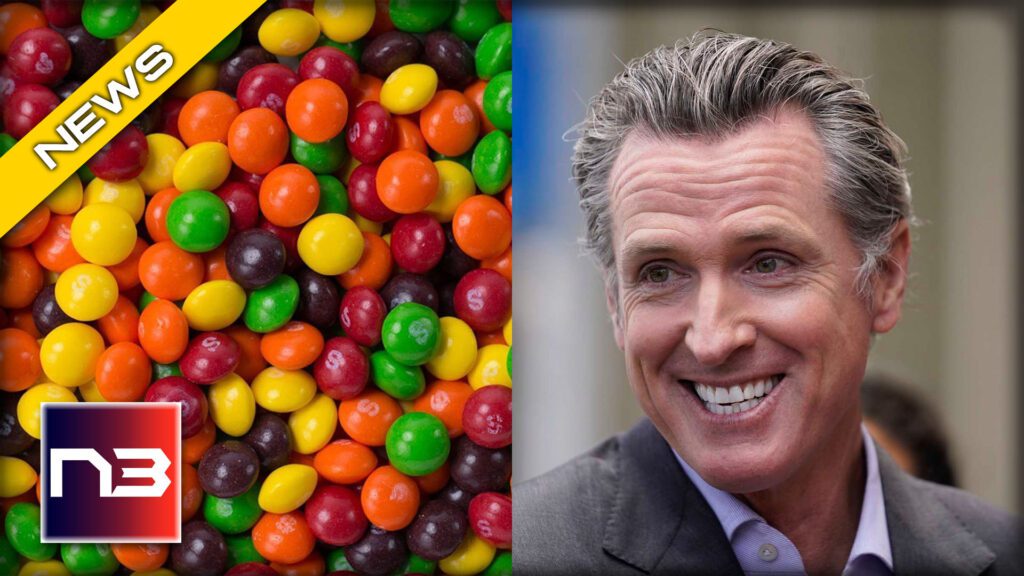Are your favorite desserts secretly poisoning you? California is making headlines again with its extreme ban on red velvet cake and Skittles! Find out why these iconic treats are under attack and what it means for your health. The consequences could be dire, and you need to know the truth!
In a bold move, California has passed groundbreaking legislation to ban five food additives commonly used in candies, cake mixes, and protein shakes. These targeted chemicals, already prohibited in the European Union, include brominated vegetable oil, potassium bromate, titanium dioxide, Red 3 dye, and propylparaben. Starting in 2025, food manufacturers operating within the state will be required to reformulate their products to exclude these ingredients.
Critics argue that the state’s concerns about cancer and health risks associated with these additives may be exaggerated. For instance, Red 3 is commonly found in snacks like packaged cookies, frostings, and the beloved red velvet cake, while brominated vegetable oil is utilized in citrus-flavored beverages like Mountain Dew to prevent ingredient separation. Titanium dioxide, on the other hand, is a widely used additive in Skittles, ensuring vibrant color and extended shelf life.
However, experts from the Environmental Working Group assert that these chemicals pose significant risks to our immune and reproductive systems, and can even have detrimental effects on children’s development. Scott Faber, senior vice president of government affairs at the Environmental Working Group, told the Los Angeles Times that the five chemicals in question increase the risk of cancer, reproductive and immune system issues, as well as behavioral and developmental problems in children.


The debate extends beyond California’s borders. The US Food and Drug Administration has approved seven synthetic food dyes, including Red 3, but a report by the California Environmental Protection Agency in 2021 linked these dyes to neurobehavioral issues in some children, such as memory and learning difficulties. In response, the International Association of Color Manufacturers issued a statement claiming that no regulatory authority has found credible safety concerns with Red 3 and titanium dioxide. They argue that banning these additives would unnecessarily override established safety standards.
While the aim of this legislation is to protect public health, concerns arise regarding the feasibility for smaller food businesses to comply with the new regulations. Changing product formulas entails time and resources, which many smaller firms may struggle to afford. The candy industry, represented by the National Confectioners Association, warns that this move could have severe consequences, particularly for struggling bakeries and confectionery manufacturers.
As the controversy surrounding California’s ban on food additives unfolds, the long-term consequences remain unclear. Will this overreach in regulation truly protect consumers, or will it hinder small businesses and compromise the availability of iconic treats? The answers to these questions will shape the future of the food industry and consumer choices.
Let’s continue this conversation, in the comments below.



